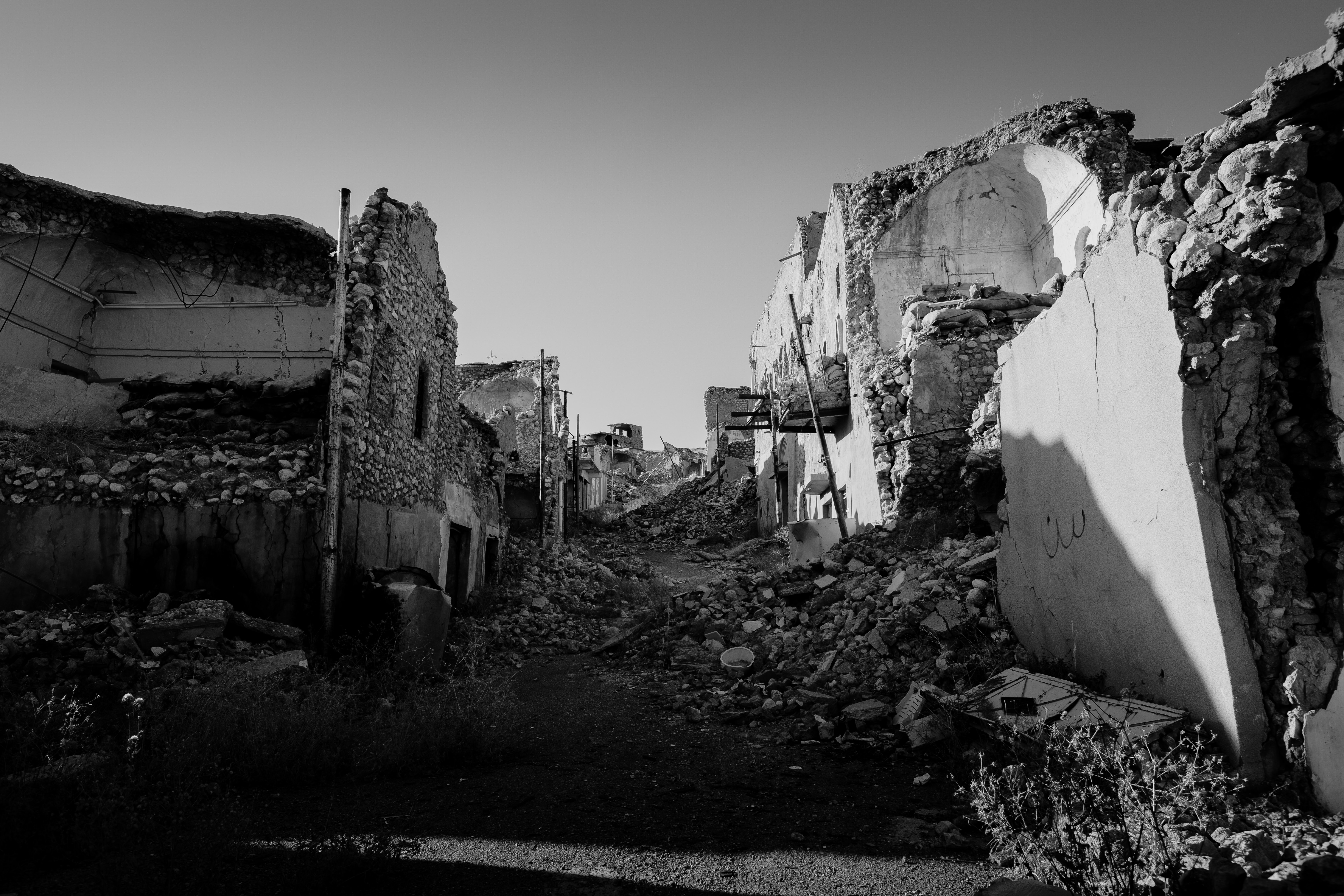My family and close friends sometimes ask me to interpret their dreams, and I have become good at it, even doing research into dream analysis to improve my skills. My own dreams frequently include symbolic representations of what is going on in my life, especially when I am experiencing a lot of anxiety. And on occasion I have even had dreams that gave me insight into what course to follow when faced with a difficult decision.
Modern dream interpretation is based on psychology and our understanding of the unconscious mind. If I were going to take a shot at interpreting Nebuchadnezzar’s dream as Daniel does in today’s first reading, I would suggest that he fears the loss of his power, that no matter how big he builds himself up to be, he could lose it all in an unexpected way. Daniel interprets the dream as a prophetic vision of the eventual downfall of human kingdoms in favor of the Kingdom of God.
God’s Kingdom, Daniel says, will start with a small stone but will grow into a mountain that fills the whole earth. This reminds me that King David defeated the powerful giant Goliath with a small stone. And of course I think of the spread of Christianity from Jesus and his small group of followers throughout the whole world.
In the Gospel Jesus foretells the destruction of another man made edifice, the temple: “All that you see here–the days will come when there will not be left a stone upon another stone that will not be thrown down.”
But Jesus cautions his listeners about thinking that they themselves are prophetic visionaries who can predict the end of the world, and he warns them strongly against following anyone else who claims to be. Time and again I see people declaring that we must be in the end times, citing as evidence “wars and insurrections . . . nation [rising] against nation, and kingdom against kingdom . . . powerful earthquakes, famines, and plagues.” But I ask you when in recorded history have we ever been free of these things?
That’s why whenever I hear a claim about the upcoming end of the world I assert with confidence that it must be wrong because of what Jesus said in Matthew 25:13: “You know neither the day nor the hour.”
What we do know and can believe with assurance is that our faith must not be in the works of man but in the works of the Lord, to whom we owe glory and eternal praise.
Mi familia y mis amigos cercanos a veces me piden que interprete sus sueños, y me he vuelto buena en eso, incluso investigando sobre el análisis de los sueños para mejorar mis habilidades. Mis propios sueños frecuentemente incluyen representaciones simbólicas de lo que está pasando en mi vida, especialmente cuando estoy experimentando mucha ansiedad. Y en ocasiones incluso he tenido sueños que me dieron una idea de cual camino seguir cuando me enfrentaba con una decisión difícil.
La interpretación moderna de los sueños se basa en la psicología y la comprensión de la mente inconsciente. Si intentara interpretar el sueño de Nabucodonosor como lo hace Daniel en la primera lectura de hoy, sugeriría que él teme la pérdida de su poder, que no importa cuán grande sea, podría perderlo todo de una manera inesperada. Daniel interpreta el sueño como una visión profética de la eventual caída de los reinos humanos a favor del Reino de Dios.
El Reino de Dios, dice Daniel, comenzará con una piedra pequeña pero crecerá hasta convertirse en una montaña que llene toda la tierra. Esto me recuerda que el rey David derrotó al poderoso gigante Goliat con una pequeña piedra. Y, por supuesto, pienso en la difusión del cristianismo desde Jesús y su pequeño grupo de seguidores al mundo entero.
En el Evangelio, Jesús predice la destrucción de otro edificio hecho por el hombre, el templo: “Días vendrán en que no quedará piedra sobre piedra de todo esto que están admirando; todo será destruido”.
Pero Jesús advierte a sus oyentes que no piensen que ellos mismos son visionarios proféticos que pueden predecir el fin del mundo, y les advierte enfáticamente que no sigan a nadie que diga que lo puede hacer. Una y otra vez veo personas que declaran que debemos estar en los últimos tiempos, citando como evidencia “guerras y revoluciones… una nación contra otra y un reino contra otro. En diferentes lugares habrá grandes terremotos, epidemias y hambre”. Pero les pregunto, ¿cuándo en la historia registrada hemos estado alguna vez libres de estas cosas?
Por eso que cada vez que escucho una afirmación sobre el próximo fin del mundo, afirmo con confianza que debe estar mal debido a lo que dijo Jesús en Mateo 25,13: “No sabes ni el día ni la hora”.
Lo que sí sabemos y podemos creer con certeza es que nuestra fe no debe estar en las obras de los hombres sino en las obras del Señor, a quien debemos la gloria y la alabanza para siempre.
 Leslie Sholly is a Catholic, Southern wife and mother of five, living in her hometown, Knoxville, Tennessee. She graduated from Georgetown University with an English major and Theology minor. She blogs at Life in Every Limb, where for 11 years she has covered all kinds of topics, more recently focusing on the intersection of faith, politics, and social justice.
Leslie Sholly is a Catholic, Southern wife and mother of five, living in her hometown, Knoxville, Tennessee. She graduated from Georgetown University with an English major and Theology minor. She blogs at Life in Every Limb, where for 11 years she has covered all kinds of topics, more recently focusing on the intersection of faith, politics, and social justice.
Feature Image Credit: Levi Meir Clancy, unsplash.com/photos/LheHIV3XpGM
